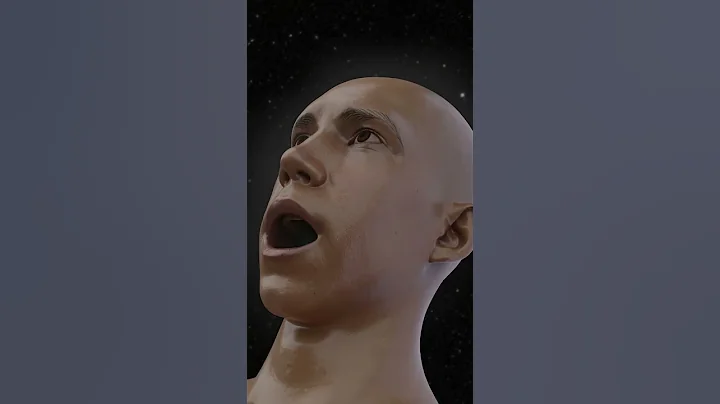Astronauts on six-month missions experience bone loss equivalent to 20 years on Earth, a study found Space travel also puts stress on the cardiovascular system and increases radiation exposure.

An academic-led study of astronauts has revealed the devastating effects of space travel on human bones.
Astronauts suffered "severe" bone loss during six months of spaceflight - equivalent to about two decades on Earth, research suggests.
A year after returning home, only about half of the bone loss had been restored - raising concerns for future missions to Mars and the moon.
Longer space missions result in increased bone loss and reduced likelihood of recovery.
Bone loss occurs due to the lack of gravity in space, whereas weight-bearing bones on Earth are typically weightless.
The study was conducted on 17 astronauts (14 men and three women with an average age of 47) who have flown aboard the International Space Station (ISS) over the past seven years.
The crew comes from NASANASA, Canada and European Space Agency and Japan Aerospace Exploration Agency.
After returning to Earth, they worked for a year with a research team led by University of Calgary Professor Leigh Gabel.
Nine crew members experienced permanent bone mineral density loss four to seven months into a space mission.
"Astronauts experience significant bone loss during six months of spaceflight - the kind of loss we would expect to see in older adults who have been on Earth for more than two decades, a year after returning to Earth Only about half of the losses were recovered," Professor Gabel said of the study, published in the journal Scientific Reports.

The research raises concerns about future journeys to Mars.
"We know that astronauts lose bone during long-duration space flights.
"What's novel about this study is that we followed astronauts for a year after their space travel to see if and how their bones recover.
Professor Gabel warned that space agencies must improve countermeasures such as exercise and nutrition to prevent bone loss.
Research has found that in-flight exercise, including resistance training aboard the International Space Station, is beneficial in preventing bone and muscle loss. Crucial.
Astronauts who performed more deadlifts were more likely to recover their bones after their missions compared to their usual exercise routines on Earth.
Astronauts had an average of 2.1% lower bone density and lower bone strength in their lower leg bones. down 1.3%.

Astronaut Returns
A NASA astronaut returns to Earth after spending a record 355 days in space
"During spaceflight, the delicate bone structure thins and eventually some bones The rods disconnect from each other," Professor Gabel said.
"Once the astronauts return to Earth, the remaining bone connections thicken and strengthen, but connections that are broken in space cannot be rebuilt, so permanent changes in the astronaut's overall bone structure sexual changes.
Research has also found that the cardiovascular system is also affected by space travel.
Professor Gabel said: "Without gravity pulling blood towards our feet, astronauts experience a fluid shift that causes more blood to pool in the upper body . “This affects the cardiovascular system and vision. "
Radiation is also a problem. The farther astronauts are from Earth, the more exposure they have to sunlight and the greater the risk of cancer .
Professor Gabel added: "We still don't know microgravity How affects human health, particularly on space missions exceeding six months and the long-term health consequences.
"We really hope that bone loss will eventually level off on longer missions and people will stop losing bone, but we don't know."





















